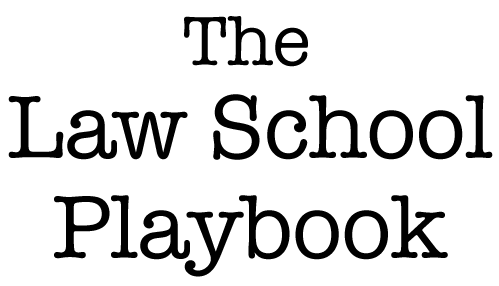One of the things I love most about Harry Potter is that the wand chooses the wizard. The wand is so powerful, so effective when placed in the right hands. It isn’t rare for me to wish I had a wand from Ollivanders choose me. I’m not a wizard, but I’d promise to use it wisely. I would waive it to provide students the time needed to showcase their acquired knowledge. But because this is the real world and not Hogsmeade, I’ll just give the three best pieces of advice I have for performing under time constraints:
Before the exam: do practice exams under exam conditions. Just as runners don’t improve their chip time by practicing at a leisurely pace, you won’t improve your test-taking speed by meandering through practice problems. Completing practice exams under timed conditions is training that builds muscle memory and confidence essential to performance on exam day. Not every practice exam needs to be completed under timed conditions (that would be too time consuming) but many students make the mistake of not doing any practice exams under timed conditions. It is worth your while to do at least a few.
After reading over the exam: the first problem to tackle is a math problem. Give yourself internal deadlines based on the weight (if provided) or perceived difficulty of the sections. In other words, figure out how much time will you allocate to each section. Be specific. For example, decide upon a time that will you start and stop writing your essay exam answer. This means more than: essay (30 minutes) and multiple choice (30 minutes). Rather, an exam schedule will use and stick to specific times, such as: 10:00 a.m. - 10:40 a.m. essay question – plan from 10:00 a.m. - 10:12 a.m.; write from 10:12 a.m. - 10:40 a.m.; multiple choice from 10:40 a.m. - 11:00 a.m. (5 questions so approx. 4 minutes per question). Again, you would decide this based upon the relative weight and perceived difficulty of these sections. Solving your math problem isn’t difficult and has great benefits, so it is definitely worthwhile and something you’ll want to do even when completing practice exams under timed conditions.
English majors be warned: do not channel the Brontë sisters or Charles Dickens when writing an essay answer in law school. To put it plainly, skip the flowery or grandiose language. As an initial matter, using superfluous, descriptive language will cause you to run right past your character and page limits. There is no reward for flowery language time-wise or points-wise. None. Your answer should be concise and easy to follow, which is why planning your answer before writing is critical to your success. Picture your professor working through eighty exam answers. You don’t want to be the answer that starts with a sentence like, “The case sub judice requires this honorable court to determine whether there has been an unacceptable intrusion on another’s physicality, thereby creating liability in the form of monetary damages.” Instead, use plain and simple language, e.g., “The issue in this case is whether the defendant committed battery.” Use the IRAC paradigm (with mini-IRACs for each element and the counterargument) and keep it simple. The easier the exam is to follow, the more points you will collect.
So, to make the most of your time on a law school exam: practice under timed conditions, give yourself a specific schedule and stick to it, and nix the flowery language. By using these tips, you can turn time into an advantage and not an enemy even without Hermione’s Time Turner. No magic required.
